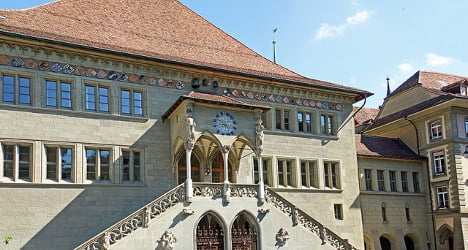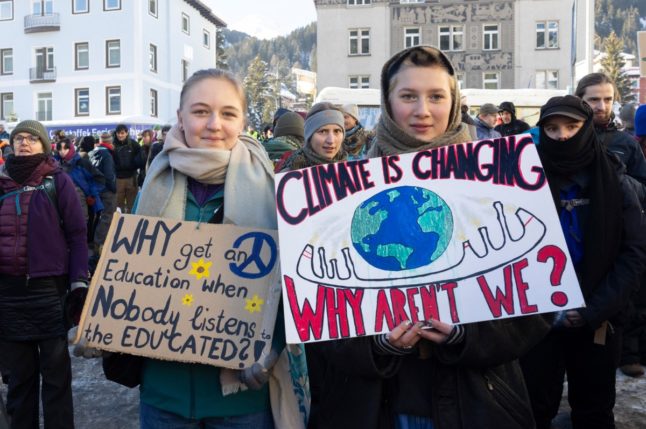Occupying a former riding school near the town centre, the Reitschule is an alternative culture centre containing a club, a cinema, theatre and bars that is popular with young people.
It has been supported by the city of Bern since 2004.
While some defend the centre as an important space for youth culture and political discussion, others feel it’s little more than a squat frequented by drug users.
Its future was put in jeopardy in early March when violence broke out at the centre and burning barricades were erected in a nearby street. In the ensuing clash between riot police and protesters 11 police officers were injured with stones and Molotov cocktails, police said in a statement.
As a result of that incident, the city suspended the centre’s funding and ordered it to backdated pay rent amounting to nearly 100,000 francs, reported new agency ATS at the time.
Despite that debt remaining unpaid, the city council now seems to have made an about turn by voting in favour of a new grant for the Reitschule.
The decision caused angry discussions in Bern during the council vote on Thursday night, said ATS, with one councillor saying the new contract signified an acceptance of drug trafficking and even terrorism.
“Those who accept the contract are guilty of aiding terrorism,” said Erich Hess of the right-wing Swiss People’s Party (SVP).
The political left defended the centre, however, saying it had an important role in Bern’s alternative culture and provided jobs for young people.
The 1.5 million franc grant will cover the rent and service charges for the next four years.
However the new contract allows authorities to impose sanctions on the centre should there be further unrest.



 Please whitelist us to continue reading.
Please whitelist us to continue reading.
Member comments